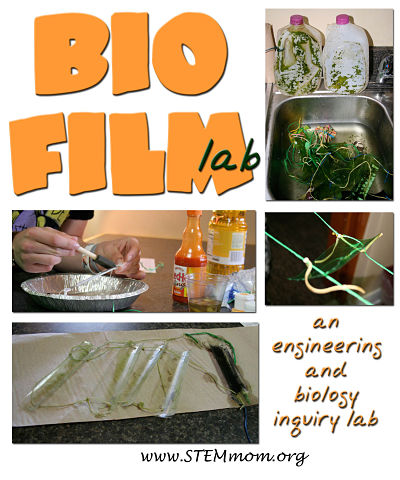Curious Minds: Home Schooling Science Inquiry

Curious Minds: Home Schooling Science Inquiry
Home schooling provides a unique opportunity to cultivate a deep appreciation for science through inquiry-based learning. Explore how fostering curiosity and encouraging scientific inquiry can create a dynamic and engaging science education for home-schooled students.
Building a Foundation with Basic Concepts: The Starting Point of Inquiry
The journey of science inquiry begins with building a solid foundation of basic concepts. Whether it’s understanding the scientific method, exploring fundamental principles of physics, or grasping the basics of biology, home-schooled students embark on their scientific inquiry by establishing a robust understanding of core concepts.
Hands-On Experiments: Bringing Science to Life
One of the distinctive advantages of home schooling is the ability to engage in hands-on experiments. From simple kitchen experiments to more elaborate setups, home-schooled students can experience the joy of bringing science to life. These experiments not only reinforce theoretical knowledge but also develop critical thinking skills.
Utilizing Everyday Phenomena: Turning the Ordinary into the Extraordinary
Science inquiry doesn’t always require a formal laboratory setup. Home-schooled students can explore science in everyday phenomena. Whether it’s observing plant growth, studying the physics of motion through simple activities, or exploring the properties of matter in the kitchen, turning the ordinary into the extraordinary becomes a pathway for scientific discovery.
Encouraging Questions and Curiosity: Nurturing the Inquisitive Mind
A fundamental aspect of science inquiry is the encouragement of questions and curiosity. Home schooling allows for a more personalized approach, where parents can actively nurture the inquisitive minds of their children. Creating an environment that welcomes questions and encourages curiosity fosters a lifelong love for learning.
Connecting Science to Real-World Applications: Bridging Theory and Practice
Science gains relevance when students can connect theoretical knowledge to real-world applications. Home-schooled students can explore how scientific concepts are used in various industries, technologies, and everyday life. This connection between theory and practice enhances the understanding of the practical implications of scientific inquiry.
Incorporating Technology: Expanding Exploration Horizons
Technology plays a pivotal role in modern scientific inquiry, and home schooling provides the flexibility to incorporate it seamlessly. Virtual labs, online simulations, and interactive educational apps enable home-schooled students to expand their exploration horizons. These technological tools offer immersive experiences and enhance the depth of scientific inquiry.
Field Trips and Nature Exploration: Learning Beyond the Textbooks
Home schooling allows for enriching experiences beyond textbooks, and science inquiry often extends to field trips and nature exploration. Visits to science museums, botanical gardens, or natural reserves provide hands-on encounters with diverse ecosystems, fostering a deeper understanding of the natural world.
Project-Based Learning: Applying Knowledge to Create Solutions
Science inquiry is not just about understanding concepts; it’s about applying that knowledge to solve real-world problems. Home-schooled students can engage in project-based learning, where they identify issues, conduct research, and create solutions. This approach not only enhances scientific skills but also instills a sense of responsibility to contribute positively to society.
Encouraging Collaboration and Discussion: Learning Together
Science is often a collaborative endeavor, and home schooling offers opportunities








